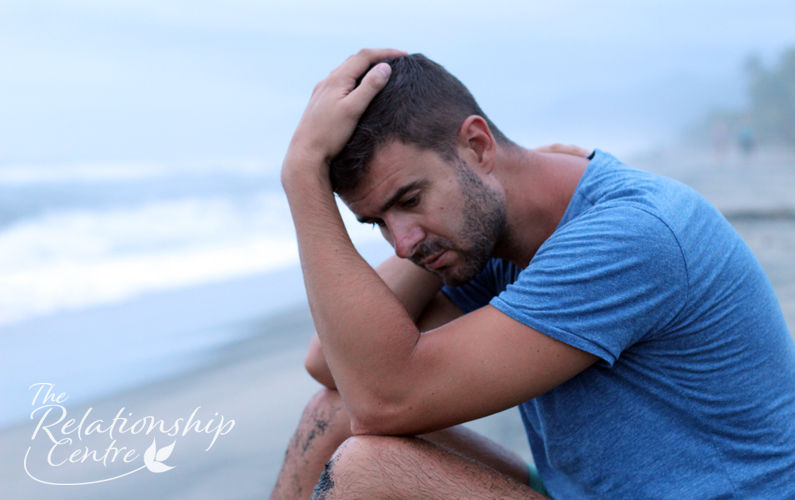Trauma is the experience of severe psychological distress following a traumatic or life-threatening event.
It may be a one-time powerful incident such as an accident, an illness, an assault or rape, or exposure to a catastrophic event. Or it could be repeated exposure to traumatic events such as child abuse and neglect, front line responder’s work, domestic violence or experience in combat.
Trauma is characterized by three types of symptoms:
- Re-experiencing the trauma through intrusive, distressing recollection of events, such as nightmares and flashbacks
- Emotional numbing and avoidance of places, people and activities that are reminders of the trauma
- Increased bodily experiences such as insomnia, poor concentration, feeling anxious, irritable and easily angered
Over time these experiences become intensely painful and lead to instability and disruption in day to day life.
Signs that you may benefit from trauma therapy:
- You are prone to anger, irritability and mood swings
- You feel guilty, ashamed and you engage in self-blame
- Constant feeling of shock, denial or disbelief
- You feel sad or hopeless after going through the traumatic event
- You feel confused and have difficulty concentrating
- Anxiety and fear are impacting your life
- You withdrawal from loved ones
- You feel disconnected and numb most of the time
- You experience insomnia and nightmares
- You startle easily
- Your heart races for no reason
- Your body has unexplained aches, pain and fatigue
Seeking help is essential in order to heal and recover from trauma.

When you work with one of our Trauma Specialists, you will:
- Identify and manage triggers
- Cope effectively with daily stressors
- Process memories to relieve traumatic stress
- Learn new strategies to enhance relaxation and minimize distress from traumatic memories
- Enhance your social relationships and connections
- Facilitate the transformation of trauma into a story of survival
Regardless of the precipitating event or experiences, trauma creates deep psychological wounds that require therapeutic intervention. It simply will not get better on its own. Trauma impacts and changes the brain – which is devastating, but the good news is there are specialized trauma therapies that can alleviate your suffering and heal the effects of trauma on your brain and body.
“There are wounds that never show on the body that are deeper and more hurtful than anything that bleeds.”
– Laurell K. Hamilton










